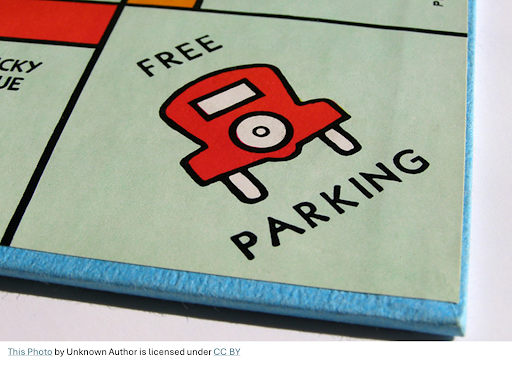Ever since the economic crash of 2008, more and more shows are premiering across network and cable television reflecting America’s dire jobs situation, with an emphasis on how this is affecting young people.
Whether the show is a comedy or a drama, the main characters are featured from week to week attending several interviews, which never result in an actual job, a common occurrence for young college graduates these days.
Although some job seeking graduates might watch TV to escape from the anxiety of the job market, these shows provide a sense of camaraderie while also serving as a new social realism.
These writers cover topics that are relevant to how the economy affects every area of a jobless life. Such is the case with HBO’s new series Girls, in which the protagonist Hannah Horvath, played by Lena Dunham, who also writes and directs the show, talks to her parents about her employment problems, and the painful generational gap that accompanies these conversations is evident. Her parents explain they are pulling away her financial support, since she has been out of college for two years and has a job.
She dryly responds that this “job” is an unpaid internship, one that will hopefully, but not certainly, turn into a low paying job at some undefined point.
This conversation reflects something many of us will deal with. Our parents haven’t experienced a prolonged economic downturn like this one, and come from a generation where work ethic was all you needed to find that perfect job.
It’s difficult for them to understand the structural barriers to employment that now are intuitive to most of us.
It is as if the writers are letting us know that they understand how awful and unfair it is to work hard in college only to be told by employers that there is nothing available, forcing educated people to move on to service sector jobs.
The realist commentary on joblessness becomes even more humorous when the shows portray these young characters taking whatever position is available, a reality DU students may have to face soon after graduation. Part of the satire is watching these characters go from high executive jobs, such as with ABC’s new show Don’t Trust the B—- in Apt. 23, to coffee shops, making minimum wage in the course of minutes.
It’s ok for us to laugh at these sad situations, because it is healthier than lying to ourselves about what good ol’ American work ethic can do for us, which is very little. These TV shows relay the present American narrative, and grasp what young people are struggling with from day today.
It might be a joke, but unfortunately, it’s our reality. Joblessness for many young Americans is a humiliating thing, and these fictional characters can soften the blow of this humiliation, or at least remind us that we are understood.
B










